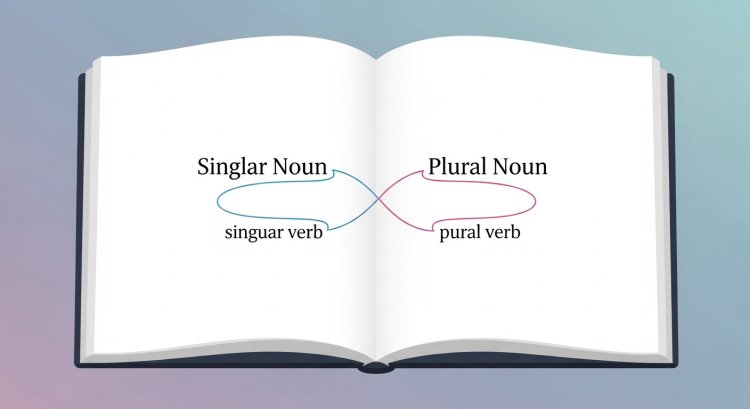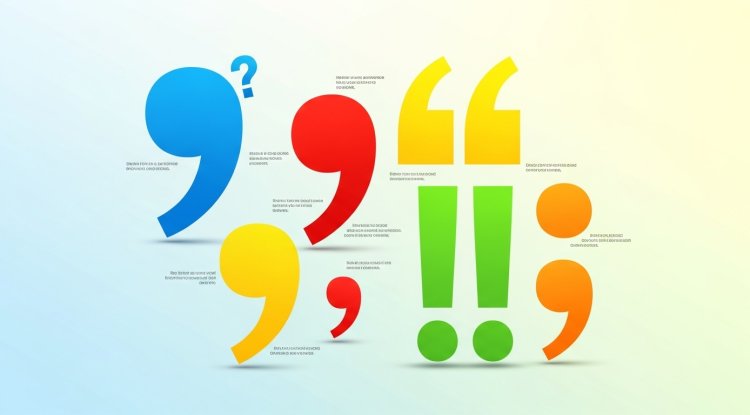Why Subject-Verb Agreement Matters
Learn the essential rules of subject-verb agreement in English grammar. This guide explains common mistakes, key rules, and practical tips to improve your writing clarity and accuracy.

When readers encounter sentences where the subject and verb do not match, the flow of the writing is interrupted. It can make your ideas appear less polished and may even confuse your audience. Mastering this rule is essential for students, professionals, and anyone who wants to communicate effectively.
Basic Rules of Subject-Verb Agreement
-
Singular subjects take singular verbs.
-
Example: The dog barks loudly every morning.
-
-
Plural subjects take plural verbs.
-
Example: The dogs bark loudly every morning.
-
-
Subjects joined by "and" are usually plural.
-
Example: The teacher and the students are in the classroom.
-
-
Subjects joined by "or" or "nor" agree with the nearer subject.
-
Example: Neither the teacher nor the students are ready.
-
Example: Neither the students nor the teacher is ready.
-
-
Indefinite pronouns can be tricky.
-
Everyone, each, somebody, anybody are singular.
-
Example: Everyone loves a good story.
-
-
Few, many, several are plural.
-
Example: Many were invited to the event.
-
-
-
Collective nouns can be singular or plural depending on meaning.
-
Example (singular): The team is winning the match.
-
Example (plural): The team are arguing among themselves.
-
Common Mistakes to Avoid
-
Mixing plural verbs with singular subjects.
-
Incorrect: The list of items are on the table.
-
Correct: The list of items is on the table.
-
-
Forgetting that words between subject and verb do not change the agreement.
-
Incorrect: The bouquet of roses smell nice.
-
Correct: The bouquet of roses smells nice.
-
Tips for Mastering Subject-Verb Agreement
-
Always identify the true subject of the sentence before choosing the verb.
-
Pay special attention to sentences with phrases or clauses between the subject and verb.
-
Remember that collective nouns and indefinite pronouns require extra care.
Final Thoughts
Subject-verb agreement may seem like a small detail, but it is one of the building blocks of effective writing. Whether you are drafting an email, writing an essay, or creating content, using the correct subject-verb pair makes your message clearer and more professional. With consistent practice, it will soon become second nature.
What's Your Reaction?















